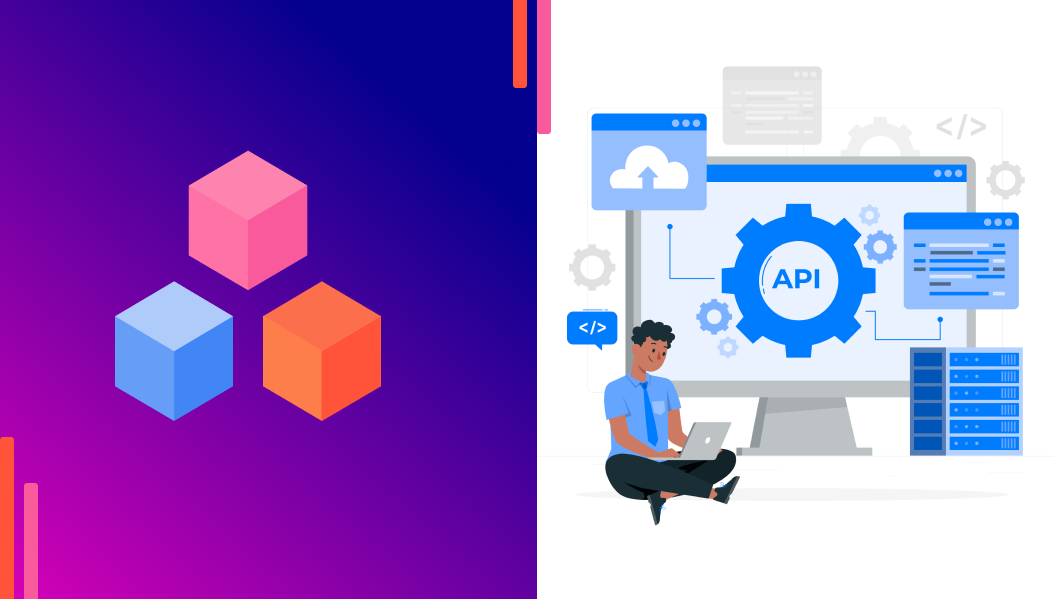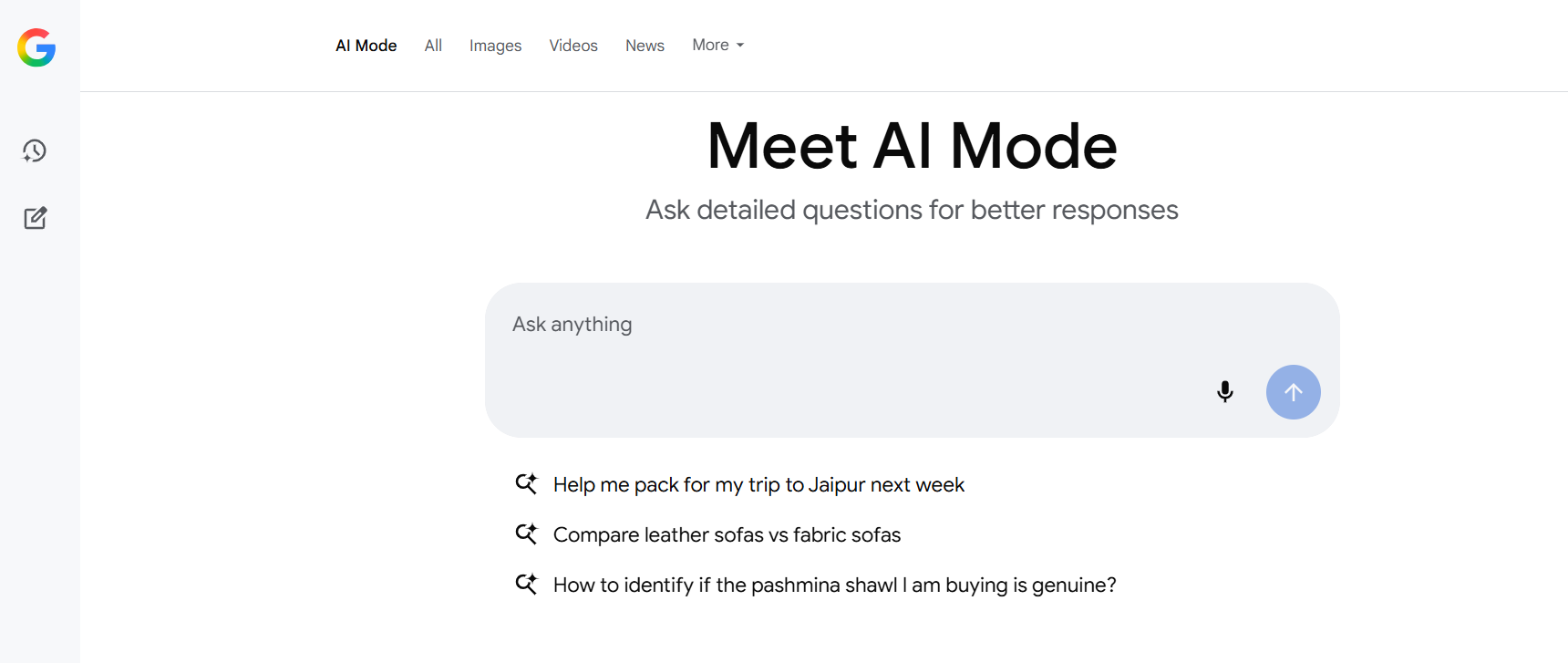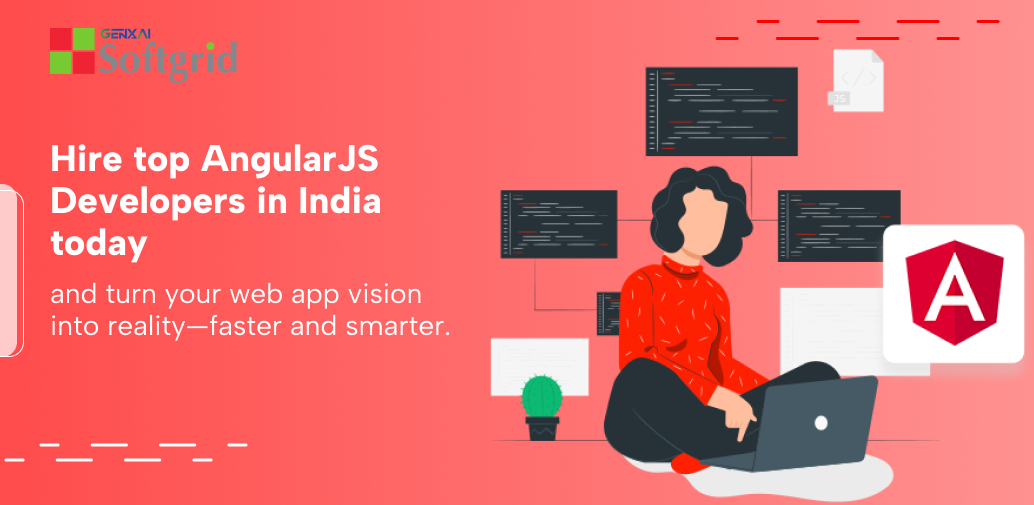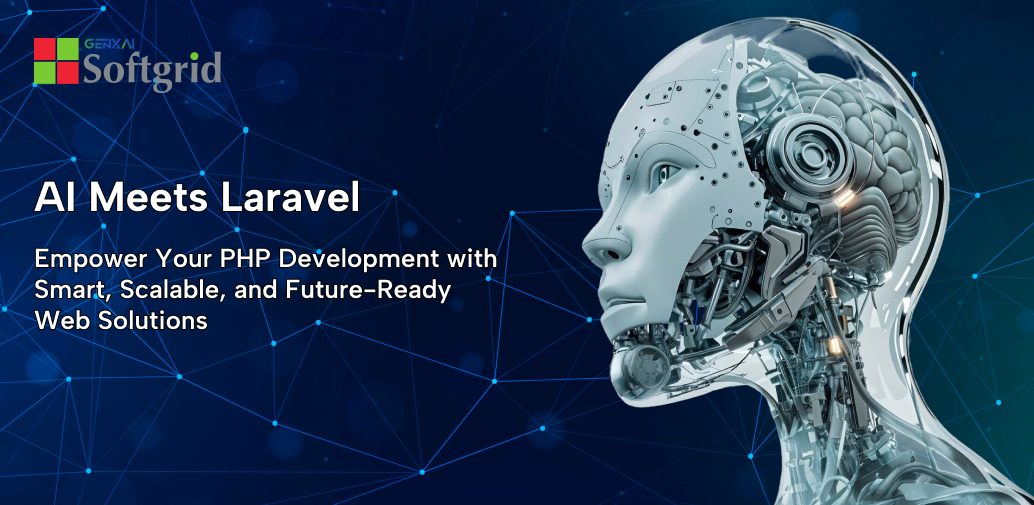In the fast-paced world of web and backend development, keeping up with the latest trends and technologies is very crucial. It becomes vital to familiarize ourselves with the trending full stack frameworks that are reshaping the landscape of modern web programming. These full stack development frameworks not only equip developers with the necessary tools and functionalities but also empower them to build robust, scalable, and feature-rich applications. In this blog post, I’ll try to explore the hottest full stack frameworks of 2023, discussing their distinctive features and advantages.
MERN Stack: React.js + Node.js
The MERN stack has gained significant popularity in recent times, comprising React.js for the front-end and Node.js for the back-end. MERN stands for MongoDB, Express.js, React.js, and Node.js, which together provide a comprehensive solution for building full stack applications.
React.js, a Facebook-developed JavaScript library, enables us to create User Interfaces with its component-based architecture, promoting code reusability and simplifying the overall development process. When combined with Node.js, a powerful server-side runtime environment, the MERN stack enables the creation of fast, scalable, and efficient web applications. As a leading full stack development company, we specialize in leveraging the MERN stack to deliver exceptional web applications.
MEAN Stack: Angular + Node.js
The MEAN stack pairs well with Angular, a TypeScript-based front-end framework developed by Google, with Node.js on the back-end. Angular provides a comprehensive set of tools and features for developing dynamic and interactive user interfaces. When combined with Node.js, developers can leverage its server-side capabilities to build high-performance web applications seamlessly.
VUE Stack: Vue.js + Laravel
Vue.js, a progressive JS framework. It has gained popularity due to its simplicity, flexibility, and seamless integration capabilities. When coupled with Laravel, a widely used PHP framework, the VUE stack empowers developers to create elegant and efficient full stack applications. Vue.js’s reactive components, combined with Laravel’s robust back-end features, form a powerful combination for web application development. The Vue.js + Laravel stack offers full stack development agency, seamless integration between the front-end and back-end, enabling us to create sophisticated web applications that are both visually appealing and highly functional.
DRF Stack: Django + React.js
For Python programmers and enthusiasts, the DRF stack combines Django on the back-end with React.js on the front-end. Django, a high-level Python framework, provides an efficient approach to handle server-side operations. React.js complements it by offering a fast and responsive user interface. Together, the DRF stack allows developers to build sophisticated web applications with ease.
These trending full stack frameworks are poised to shape the future of web development. Whether it’s the MERN stack, MEAN stack, VUE stack, or DRF stack, each framework brings its unique strengths and advantages to the table. It’s crucial for developers and businesses to stay up-to-date with these trends and select the appropriate stack that aligns with their project requirements. By harnessing the power of these full stack frameworks, full stack developer can unlock boundless possibilities and deliver exceptional web applications that cater to the evolving needs of users in this digital era.

 Web and Full Stack
Web and Full Stack CMS and Frameworks
CMS and Frameworks Online Marketing
Online Marketing Cloud Services
Cloud Services ECommerce
ECommerce Mobile
Mobile



